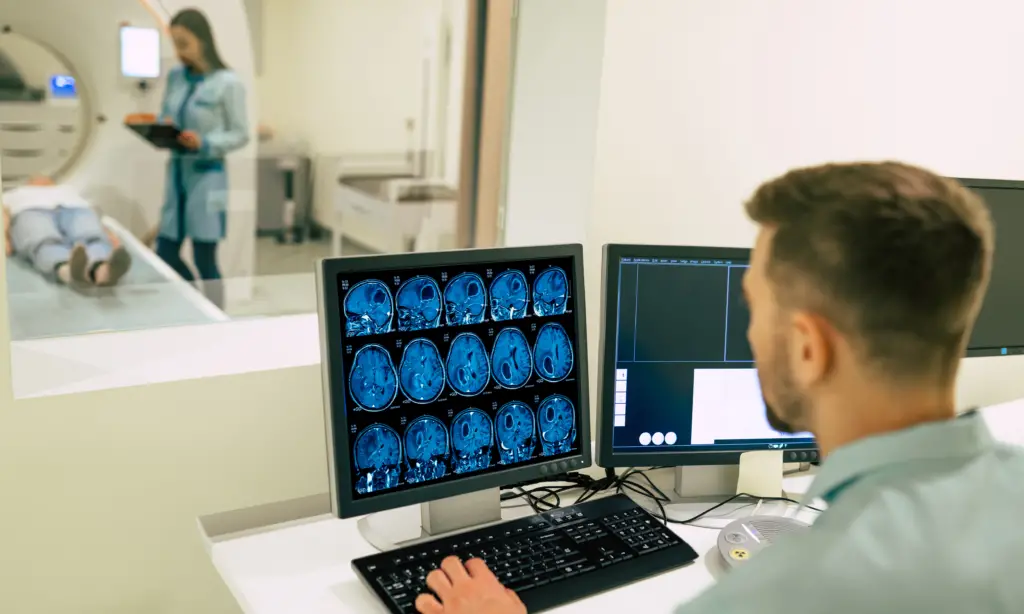As a radiologic technologist, understanding state licensure requirements and the significance of the national registry is essential for your career advancement.
This guide will take you through the need-to-know details and the implications of studying in an accredited versus non-accredited institution.
State Licensure for Radiologic Technologists
State licensure is a crucial component for practicing radiologic technologists. Each state has specific requirements for licensure, and it is important to familiarize yourself with the needs of the state in which you intend to practice.
The American Society of Radiologic Technologists (ASRT) provides comprehensive information about the license requirements for each state, providing a useful resource for technologists seeking this knowledge.
For instance, states such as Maryland require completion of a program accredited by the Joint Review Committee on Education in Radiologic Technology (JRCERT), whereas others, like Virginia, do not.

Importance of Accredited Education
Whether or not your educational program was accredited can significantly impact your career opportunities. It is crucial to note that if your program was accredited when you commenced your study, and there were no breaks in your enrollment, your records would reflect accreditation, thereby maintaining your eligibility for state licensure and national registry.
However, some complications might arise if the program was on probation or non-accredited during your study. Certain facilities and states may hesitate to hire technologists who didn’t graduate from a JRCERT-accredited school, despite their ability to take the licensing exam.
National Registry: ARRT Registration
Apart from state licensure, the American Registry of Radiologic Technologists (ARRT) Registration is a national certification. Many workplaces require state licensure and ARRT registration, underlining the importance of this certification.
If you’ve studied in a non-accredited institution, it’s advisable to contact ARRT to verify your Registry eligibility. In most cases, states will consider ARRT registration when determining eligibility for licensure.
The Scope of Reciprocity Agreements
Understanding reciprocity agreements is important for radiologic technologists seeking traveler positions or intending to practice in multiple states. These agreements, established between state health departments, consider the recognition of licensure and certification across state borders, allowing for seamless transition and mobility in your career.
Conclusion
Navigating the realm of state licensure, national registration and understanding the implications of your educational background can be complex.
However, armed with the right information and resources, you can make informed decisions that favor your career trajectory. Always verify your eligibility and understand the state’s specific requirements where you plan to work.


